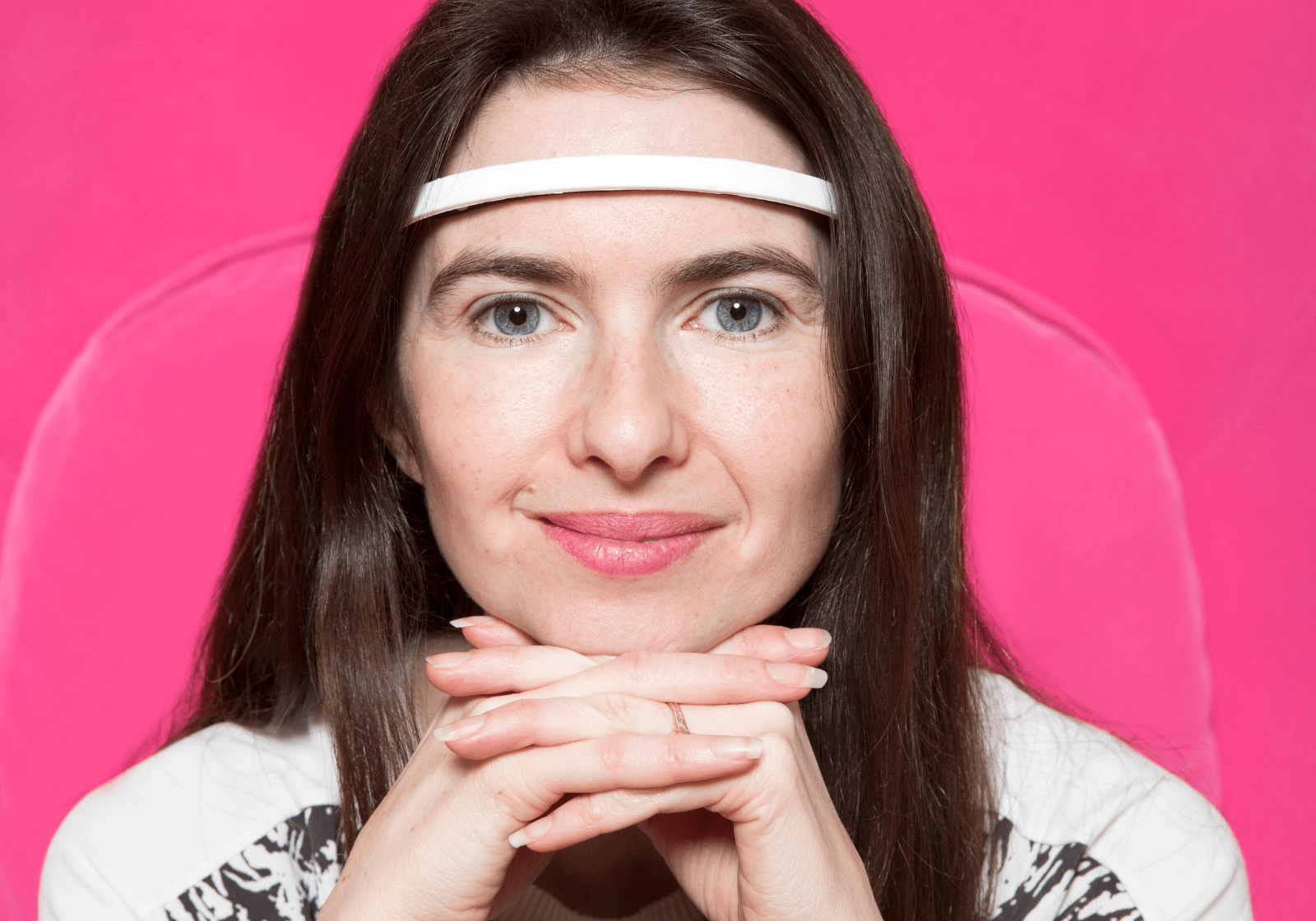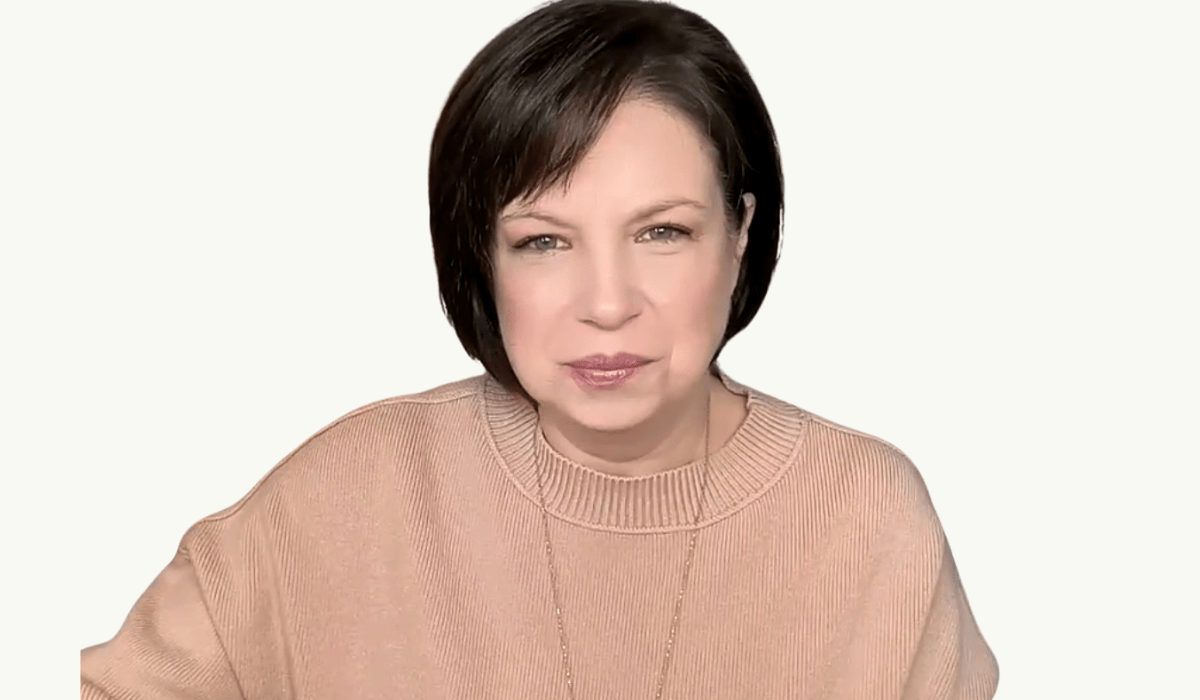For families raising neurodivergent kids, daily life often feels like riding a rollercoaster without brakes — emotional outbursts, sleep struggles, and chronic anxiety can become the norm. But new research in neuroscience and innovative tools like brain-sensing technology are giving parents and kids a path forward: one rooted in awareness, regulation, and surprisingly, just a few minutes of focused attention a day.
According to neuroscientist and psychotherapist Ariel Garten, the key lies in transforming our relationship to our thoughts. “Most of us think our thoughts are just who we are,” she explains. “But when we learn to notice our thinking and gently guide it, we gain control over how we respond — instead of being hijacked by anxiety, anger, or overwhelm.”
This process, she says, is the foundation of mindfulness. But unlike the misconceptions around sitting still for long periods with a perfectly blank mind, mindfulness is really about practice — noticing when your attention drifts and gently bringing it back, often to the breath. Over time, this trains the brain in self-regulation, a skill many neurodivergent kids desperately need but often struggle to develop without support.
Technology is now playing a unique role in building this capacity. Garten is the co-founder of Muse, a slim, wearable EEG headband that offers real-time audio feedback during meditation. As users focus, they hear peaceful sounds like birds; when their mind wanders, the sounds shift to wind or rain — gently guiding them back. This form of neurofeedback turns abstract ideas like “focus” or “calm” into tangible experiences, especially helpful for children and teens who find traditional mindfulness practices difficult or boring.
Even better, the benefits extend beyond the moment. Regular mindfulness training has been shown to reduce symptoms of anxiety and depression, improve attention span, and even lower cortisol levels, the body’s primary stress hormone. Muse’s own data includes studies showing improvements in sleep, reductions in burnout, and better resilience in users practicing as little as two to five minutes daily.
And sleep, Garten notes, is a critical piece of the regulation puzzle. When kids or adults aren’t getting enough restful sleep, emotional self-control takes a hit. “Parents often don’t realize that just one night of poor sleep can make it harder for their child to manage emotions,” she says. Muse’s sleep programs, which blend guided meditation with feedback-driven audio cues, aim to help both kids and adults fall asleep faster and stay asleep longer.
Ultimately, Garten believes that tools like Muse aren’t just about tech — they’re about empowerment. “We’re teaching people to understand their own nervous systems,” she says. “And when parents and kids start practicing together, they not only regulate better, they connect more deeply.”
For families seeking relief from emotional chaos, this combination of neuroscience and accessible technology offers something rare: hope grounded in science, and a practical, sustainable way forward.









